Neologisms, or newly coined words, are a rare phenomenon in the English language, particularly ones that successfully integrate into everyday usage. Despite the annual publication of 600,000 to 1,000,000 books in the United States alone, only a few writers have managed to introduce new words that have endured and become part of our everyday lexicon.
1. Quark by James Joyce
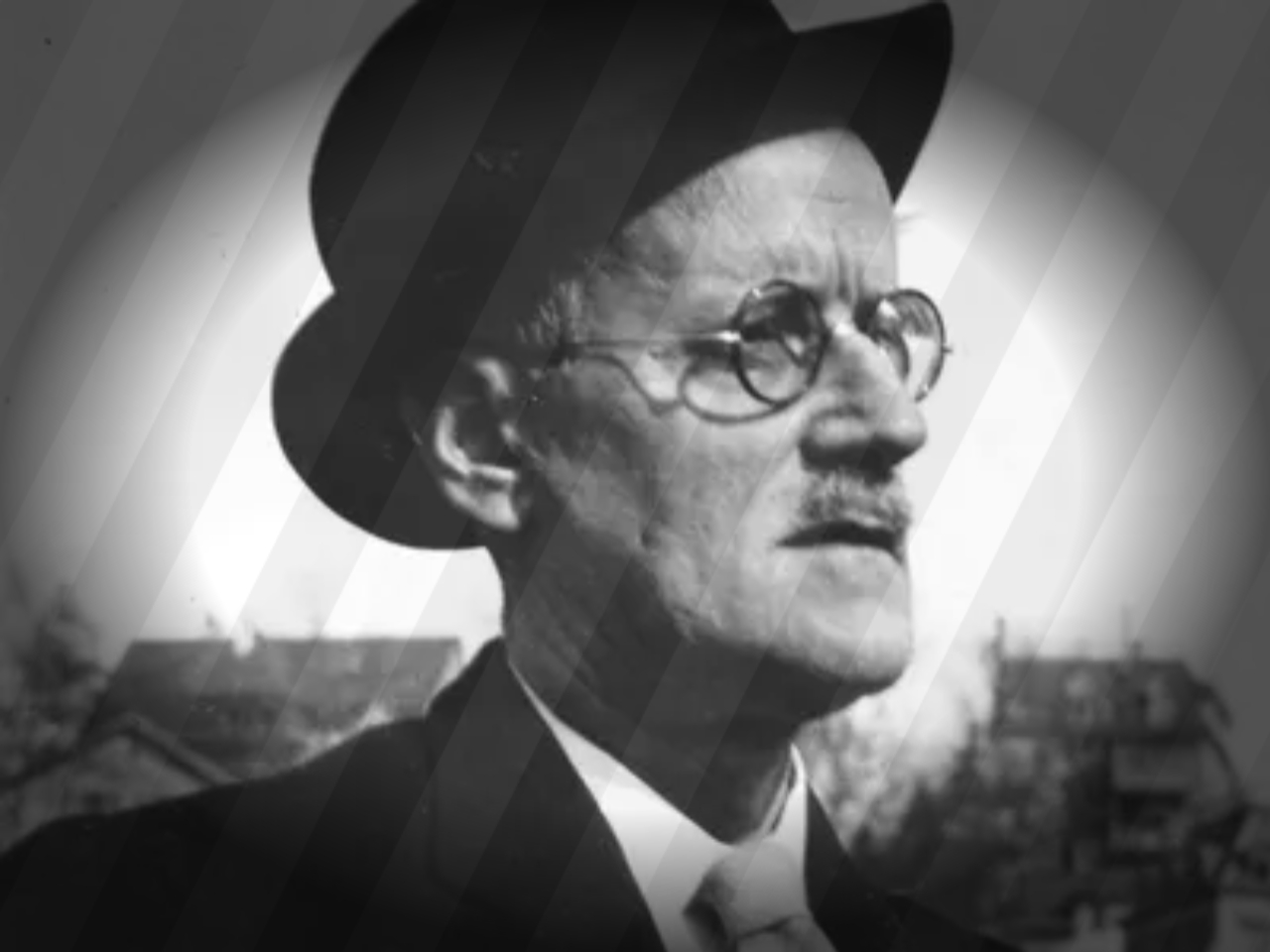
Written over a span of 17 years and published in 1939, just two years before James Joyce’s death, *Finnegans Wake* stands as one of the most challenging books in the English language to navigate. Its narrative is non-linear and dream-like, weaving through various character psyches.
Although unrelated to particle physics, Joyce inadvertently contributed to the lexicon of the field. In 1963, Murray Gell-Mann was searching for a name for his theoretical elementary particle of matter smaller than a proton or neutron. Initially, Gell-Mann coined the term “quork,” pronounced like “pork.”
Months later, while casually reading Finnegans Wake—a pastime apparently favored by theoretical physicists—Gell-Mann encountered the lines:
“Three quarks for Muster Mark!
Sure he has not got much of a bark
And sure any he has it’s all beside the mark.”
Despite Joyce’s intended pronunciation of “quark” to rhyme with “Mark” and “bark,” Gell-Mann was drawn to the spelling and liked how it echoed the word “quart,” particularly resonating because the hypothetical particles were theorized to exist in groups of three.
As for Joyce’s original meaning of “quark,” he referred to a German food resembling cottage cheese, produced by heating soured milk.
2. Cyberspace by William Gibson

William Gibson, a pivotal figure in the cyberpunk movement, is credited with coining the term “cyberspace.” In his 1982 short story “Burning Chrome,” he portrays cyberspace as a “mass consensual hallucination” shared across interconnected computer networks. Gibson further developed this concept in his seminal work, the 1984 novel *Neuromancer*. In the novel, Gibson describes cyberspace as:
“A graphic representation of data abstracted from the banks of every computer in the human system. Unthinkable complexity. Lines of light ranged in the nonspace of the mind, clusters and constellations of data. Like city lights, receding.”
While Gibson’s portrayal of cyberspace in 1984 doesn’t align with the actual technology of 2017 (or beyond), he remains the first person to use the term to depict a networked virtual reality created by computers.
3. Nerd by Dr. Seuss
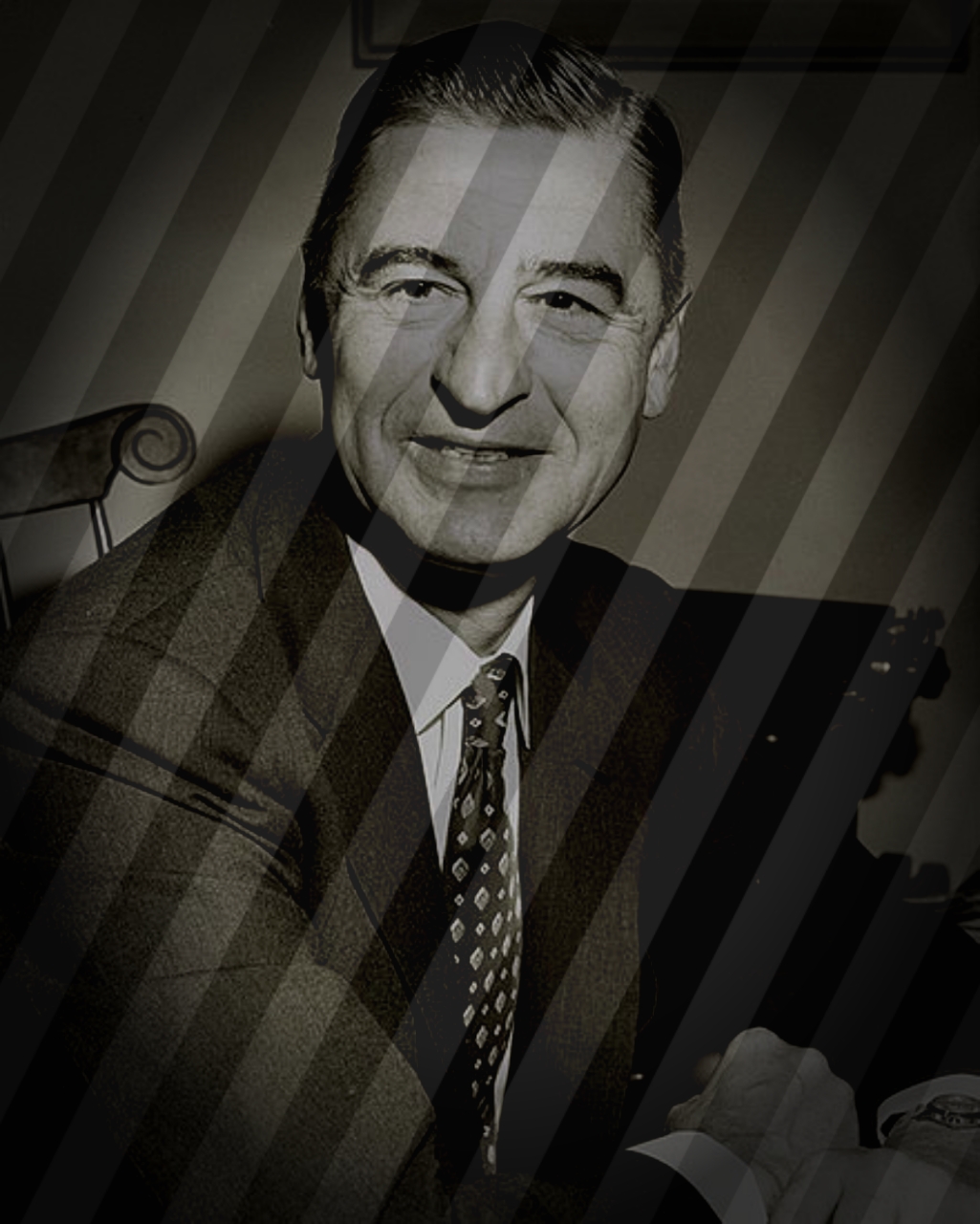
Theodor Seuss Geisel, widely known as Dr. Seuss, is often attributed with introducing the word “nerd.” It first appeared in his 1950 book “If I Ran the Zoo”, albeit not in the modern context. In the story, a character named Gerald McGrew expresses his desire to enhance a zoo with fantastical creatures like the “It-Kutch,” “Preep,” “Proo,” “Nerkle,” “Nerd,” and “Seersucker.”
When a columnist from PC Magazine queried Geisel about the word’s origin, he vaguely recalled the line but suggested it might stem from “Nerdfogel,” a concept he assumed the columnist was familiar with. However, the true source remains uncertain.
The word gained its modern meaning a year later when it was used in an October 8, 1951, Newsweek article discussing teenage slang in Detroit. In this context, “nerd” was applied to describe individuals perceived as dull or uncool, akin to “drips” or “squares.”
4. Yahoo by Johnathan Swift
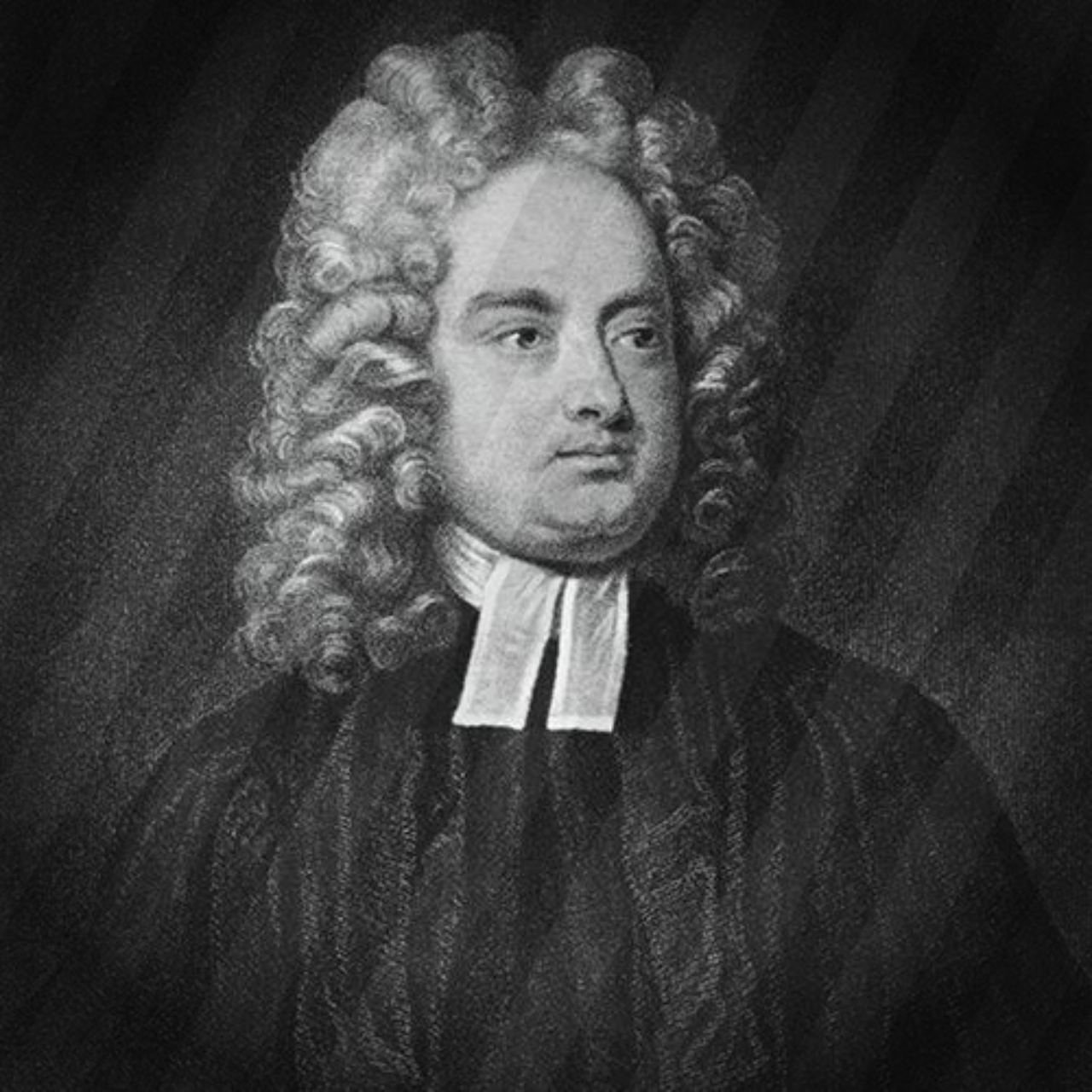
Jonathan Swift’s classic *Gulliver’s Travels* is divided into four distinct voyages. In the final journey, the protagonist Lemuel Gulliver finds himself stranded on the islands of the Land of the Houyhnhnms. These islands are inhabited by the Houyhnhnms, a race of intelligent and conversant horses. Alongside them are the Yahoos, humanoid creatures characterized as savage brutes who are subservient to the Houyhnhnms.
The term “Yahoo” from Swift’s work has since entered the English language, defined as “a boorish, crass, or stupid person.”
Regarding the technology company Yahoo!, the founders selected the name because Yahoo initially began as a directory of other websites organized hierarchically. Yahoo! itself is a backronym for “Yet Another Hierarchically Organized Oracle.”
5. Meme by Richard Dawkins
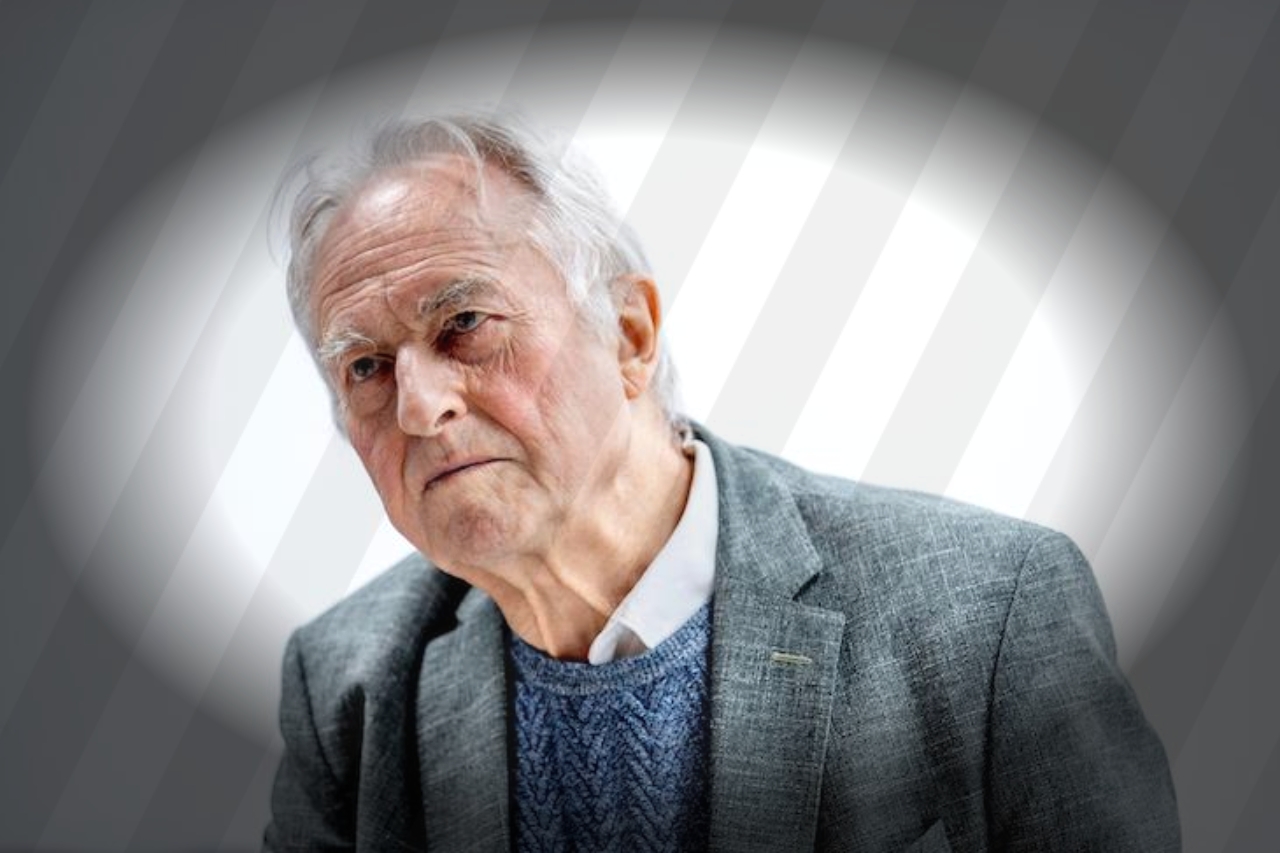
Renowned evolutionary biologist Richard Dawkins introduced the term “meme” in his 1976 book *The Selfish Gene*. The central thesis of the book posits that genes seek immortality, using life forms like humans as vehicles to achieve this goal. It was a groundbreaking work and became one of the earliest best-selling popular science books. Dawkins likened genes to units of culture, which he termed memes, stating:
“Memes (discrete units of knowledge, gossip, jokes, and so on) are to culture what genes are to life. Just as biological evolution is driven by the survival of the fittest genes in the gene pool, cultural evolution may be driven by the most successful memes.”
Dawkins recounted his first encounter with a meme at the age of 7 while living at a boarding school. Each night, the boys recited a prayer: “Lighten our darkness, we beseech thee, O Lord; and by thy great mercy defend us from all perils and dangers of this night. Amen.” At that young age, neither Dawkins nor the other boys understood the prayer’s meaning or had seen it written down. Instead, it was a piece of cultural tradition passed down through generations, analogous to genes passed from one generation to the next.
6. Catch-22 by Joseph Heller
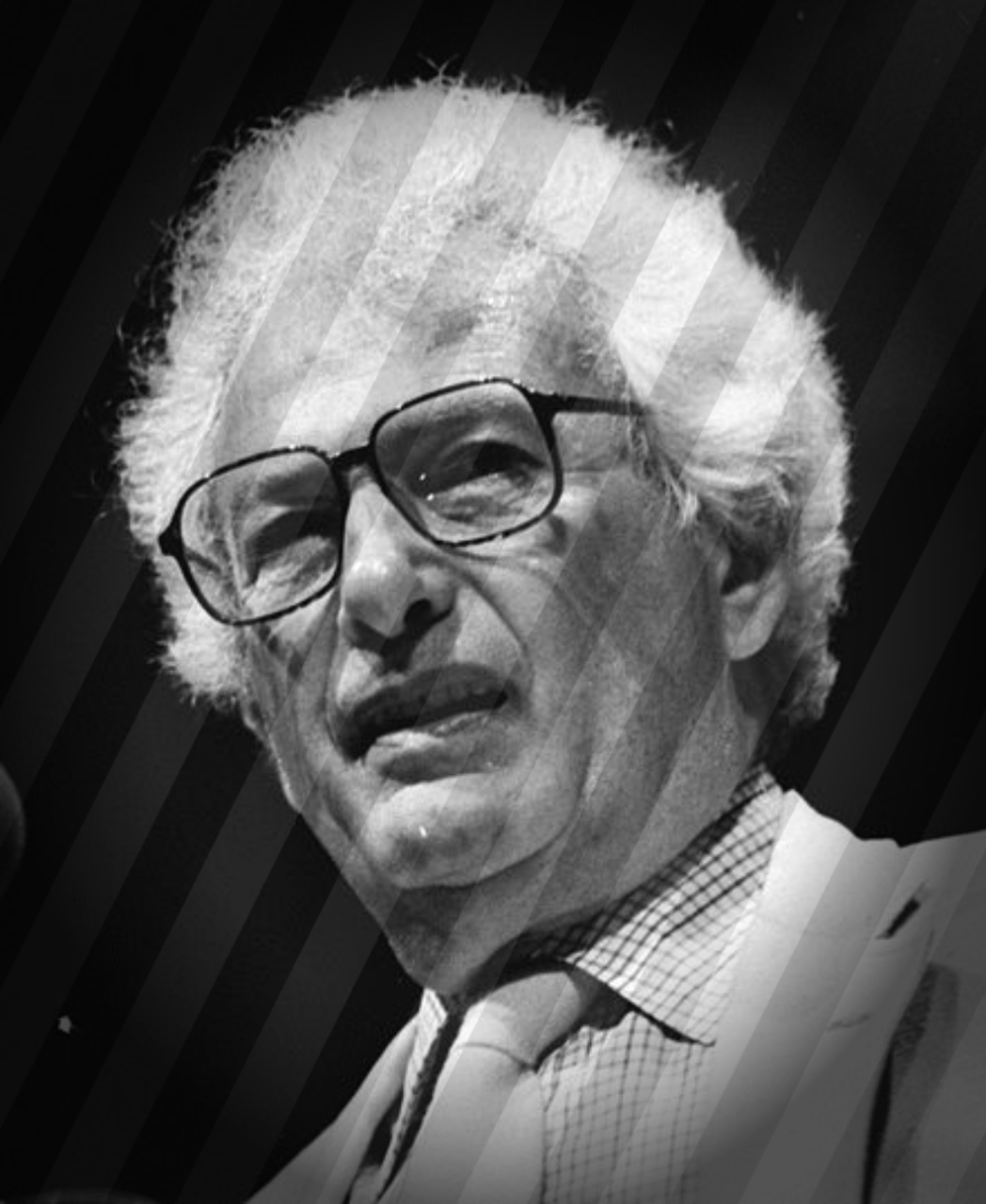
Joseph Heller’s “Catch-22” unfolds against the backdrop of World War II, centering on John Yossarian, a bombardier in the United States Air Force. The novel’s titular catch-22 presents a paradox where “an attempt to escape makes escape impossible.”
In the narrative, there are various instances of “catch-22s”, with one of the primary examples revolving around the mental health of bomber pilots. According to the rules, if a crew member claims insanity, they are deemed unfit to fly missions. However, by demonstrating awareness of their insanity to their superiors, they paradoxically prove their sanity, thereby becoming eligible to fly.
Another illustration of “catch-22” arises in show business, as noted by actress Mary Murphy: “The show-business catch-22 – no work unless you have an agent, no agent unless you’ve worked.”
Since its publication in 1961, the term “catch-22” has embedded itself in the English lexicon to epitomize situations where individuals find themselves in an unresolvable dilemma, often described as “damned if you do, damned if you don’t.”
7. Utopia by Sir Thomas More

The book “Marilyn: A Biography” features a collection of photographs of Marilyn Monroe, accompanied by a lengthy essay contributed by Norman Mailer, a two-time Pulitzer Prize winner. This book stirred significant controversy because Mailer posited a theory suggesting that Monroe was murdered by the FBI and CIA due to her alleged affair with Bobby Kennedy.
Interestingly, Mailer’s essay in this book introduced the term “factoid” for the first time. While many people, including those at TopTenz, commonly understand it to mean a brief, intriguing fact, the suffix “-oid” typically denotes something that resembles, but is not actually a member of, a specific group. For instance, Yahoos are humanoids, resembling but distinct from humans. Therefore, a factoid can be described as something that appears factual but is not substantiated by evidence—a “false fact” or “an invented fact believed to be true because it appears in print.” Examples include misconceptions like being able to see the Great Wall of China from space or the harmful effects of waking up a sleepwalker.
What adds to the intrigue is that Merriam-Webster lists both popular definitions of “factoid,” despite Alexis C. Madrigal from The Atlantic pointing out that the current definition is a complete reversal of Mailer’s original intended meaning.
8. 229 Words by William Shakespeare
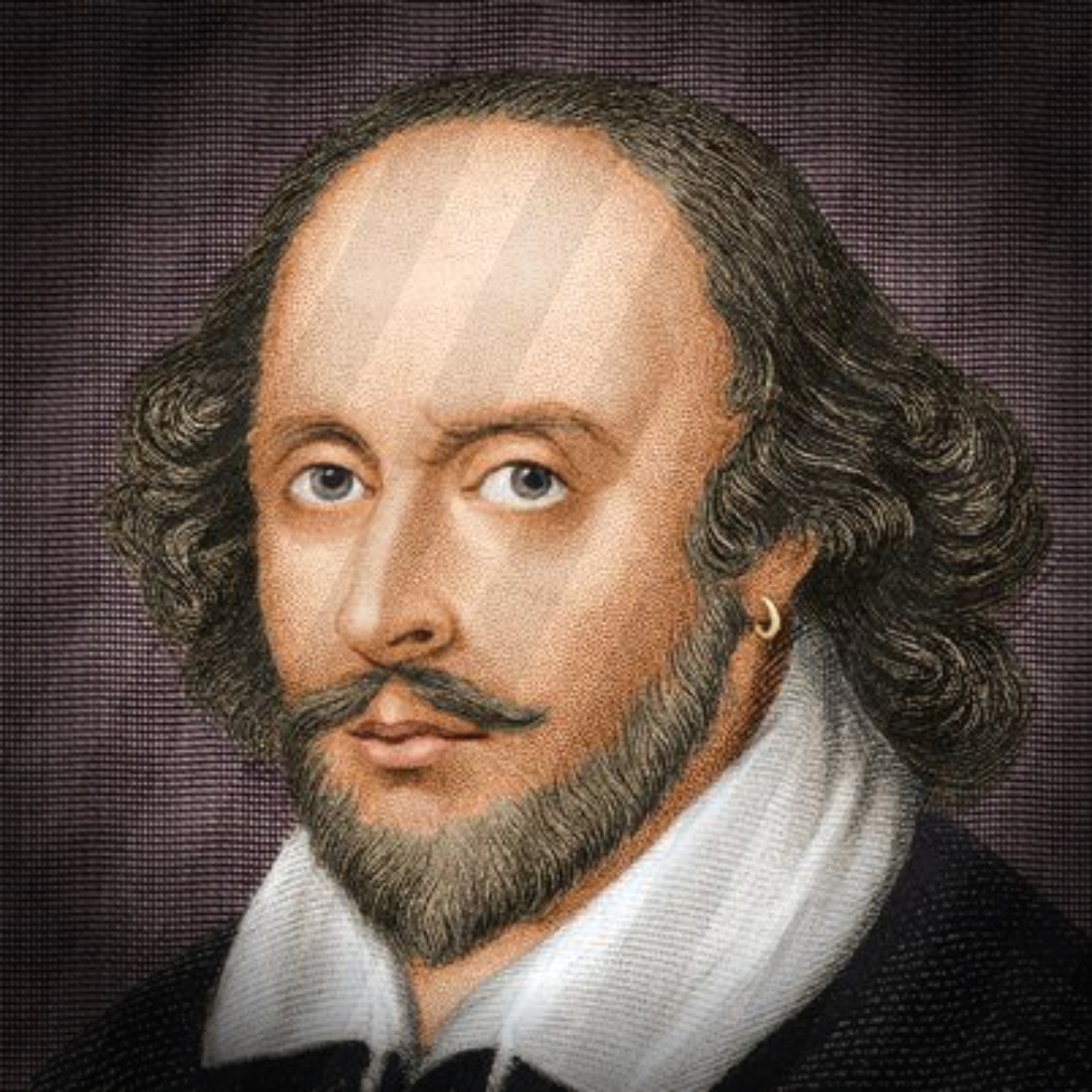
When it comes to the invention of words, William Shakespeare is often celebrated for introducing a remarkable number—though the exact count remains debated. While Shakespeare is often credited with adding over 1,000, if not 2,000, words and phrases to the English language, this claim is nuanced.
The challenge lies with the Oxford English Dictionary (OED), the authoritative source on English vocabulary, which records the earliest known use of words. Compiled in 1923 from contributions by volunteers, the OED entries often identified words in Shakespeare’s works due to their popularity and accessibility. However, many of these words may have already existed in older, less widely known texts that the OED volunteers were not familiar with. Additionally, Shakespeare’s linguistic contributions extended beyond single words to include numerous memorable phrases like “All that glitters is not gold” and “Devil incarnate.”
Nonetheless, Shakespeare is officially credited with originating 229 words in the OED, a feat that remains remarkably impressive. Some of these enduring contributions include words like “bubble,” “eyeball,” and “wormhole.”
9. 630 Words by John Milton
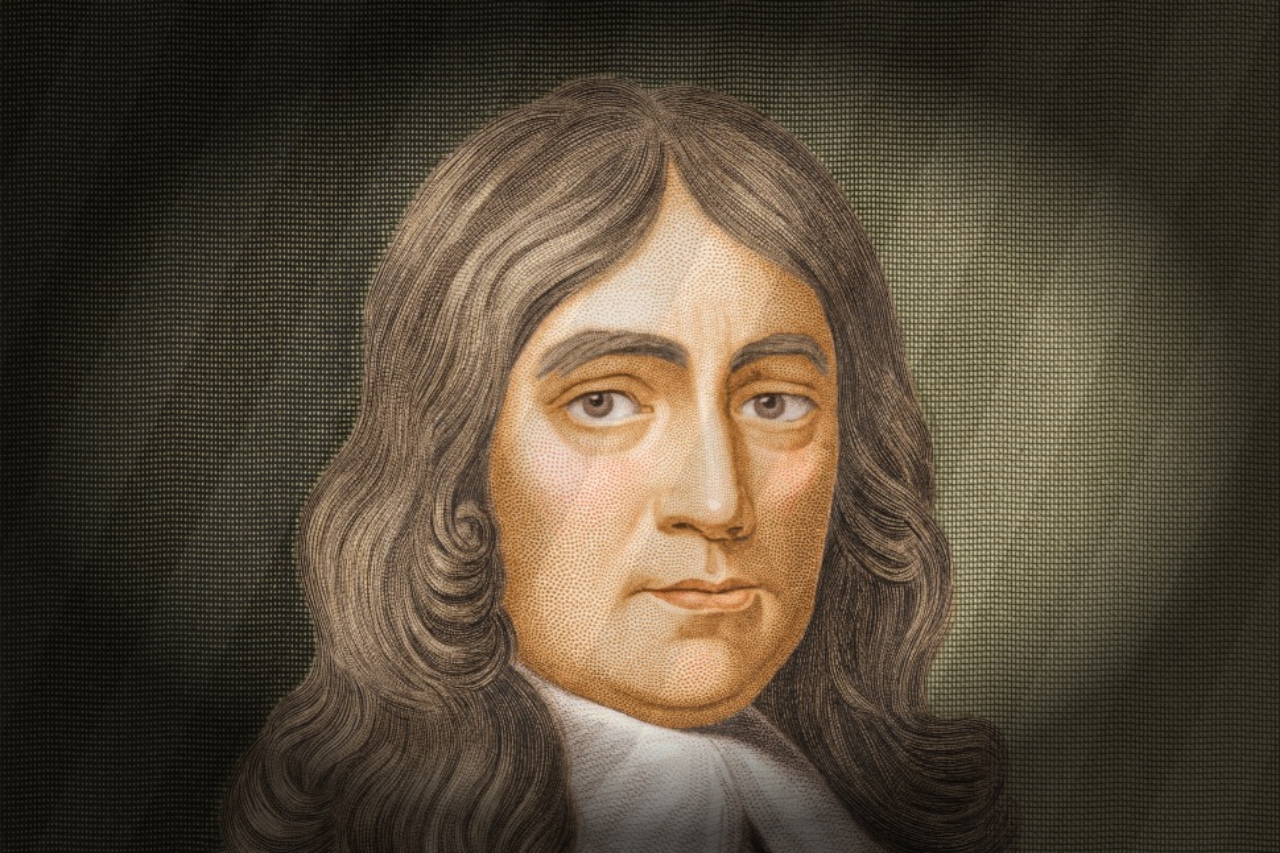
When John Milton penned Paradise Lost in the 17th century, the English language was more flexible than it is today, giving the blind writer ample freedom to coin new words. As a result, Milton is credited with introducing 630 different words into English.
While many of these words have fallen out of common use, such as “ensanguined” and “horrent,” Milton also contributed several enduring terms. One of his most famous neologisms is “pandemonium,” which he used to describe the capital of Hell in Paradise Lost. Another notable creation is “terrific,” which in Milton’s time meant something terrifying or awe-inspiring. Among the everyday words Milton introduced that are still in use today are “fragrance,” “enjoyable,” “space” (referring to outer space), “unoriginal,” and “lovelorn,” among others.
10. Factoid by Norman Mailer
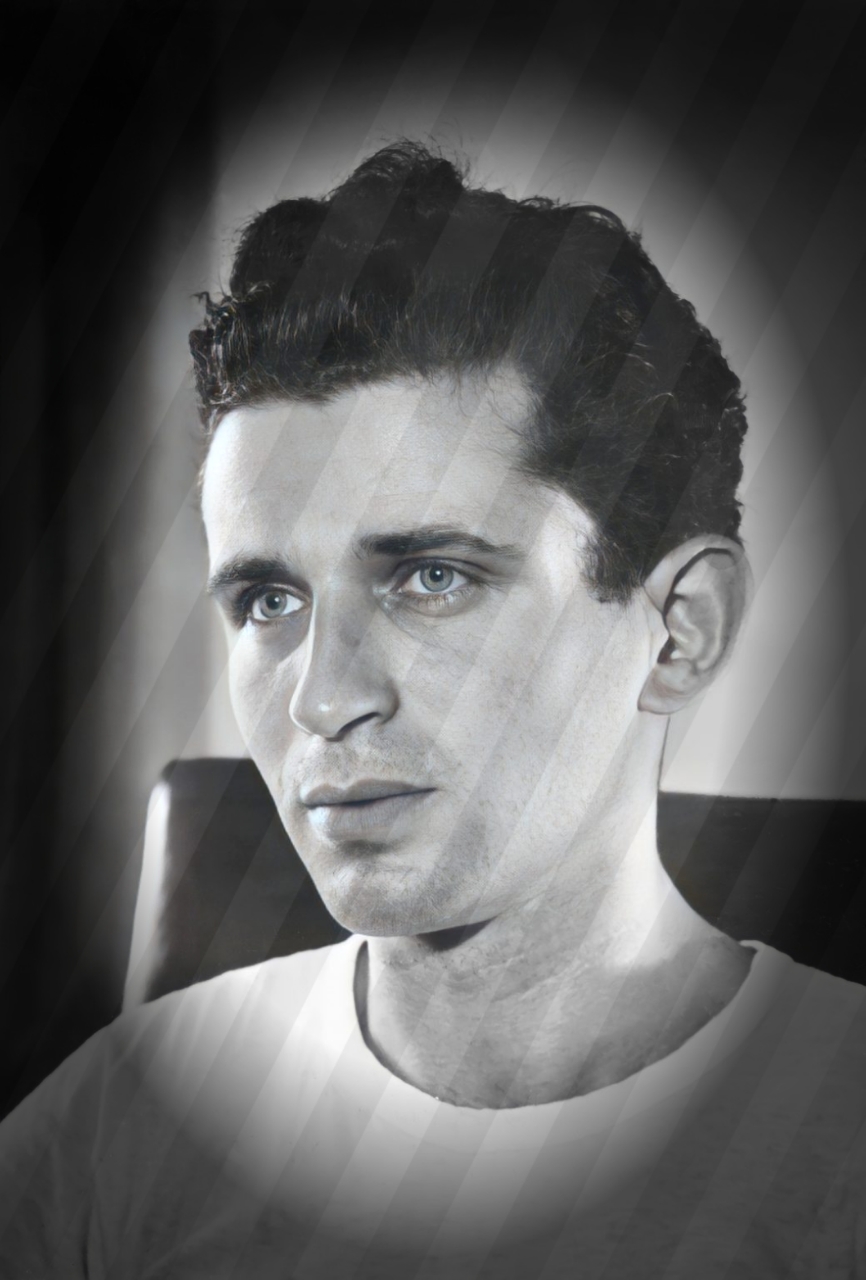
Sir Thomas More’s “Utopia”, published in 1516 in Latin, presents a vision of an ideal society. It is a socio-political satire that challenges the possibility of achieving perfection in the real world.
More coined the term “Utopia” for this imaginary ideal land by blending two Greek words. The first, ou-topos, means nowhere or no place, while the second, eu-topos, means good place. Interestingly, More’s creation of the term “Utopia” indirectly led to the emergence of the word “dystopia.” After all, dystopia wouldn’t exist without the concept of Utopia.







